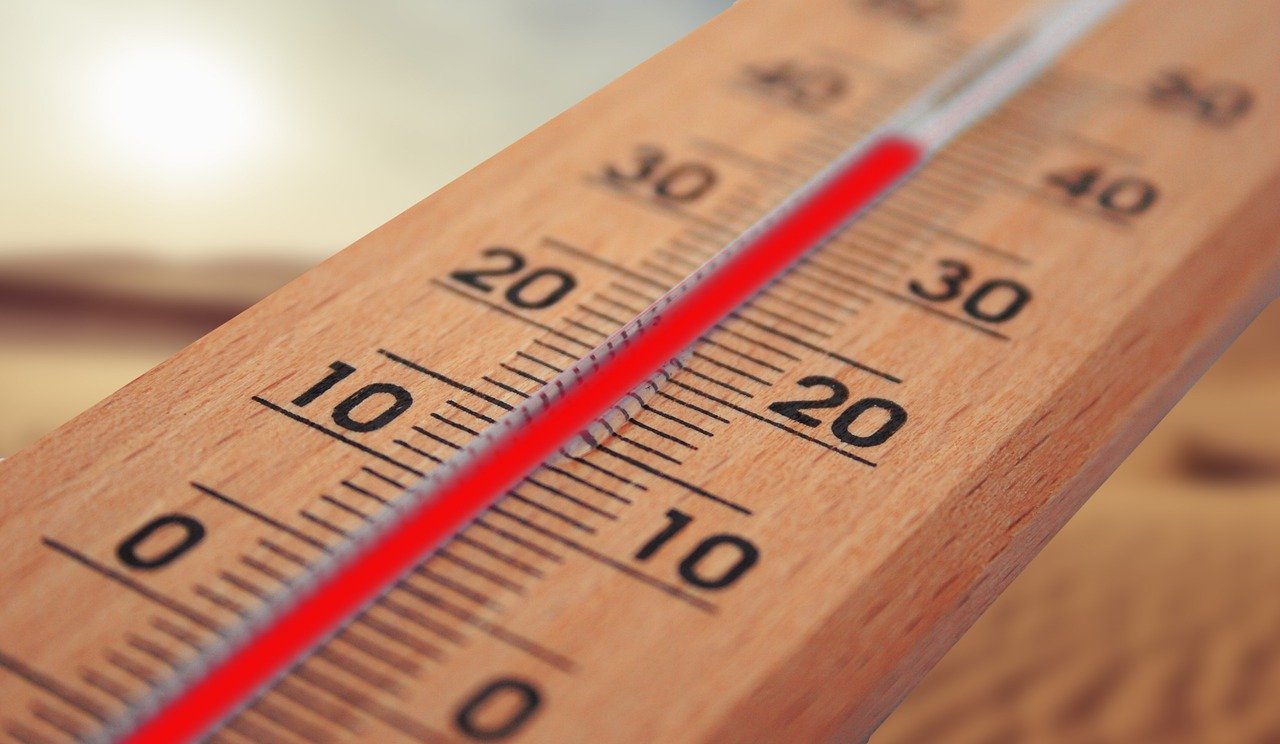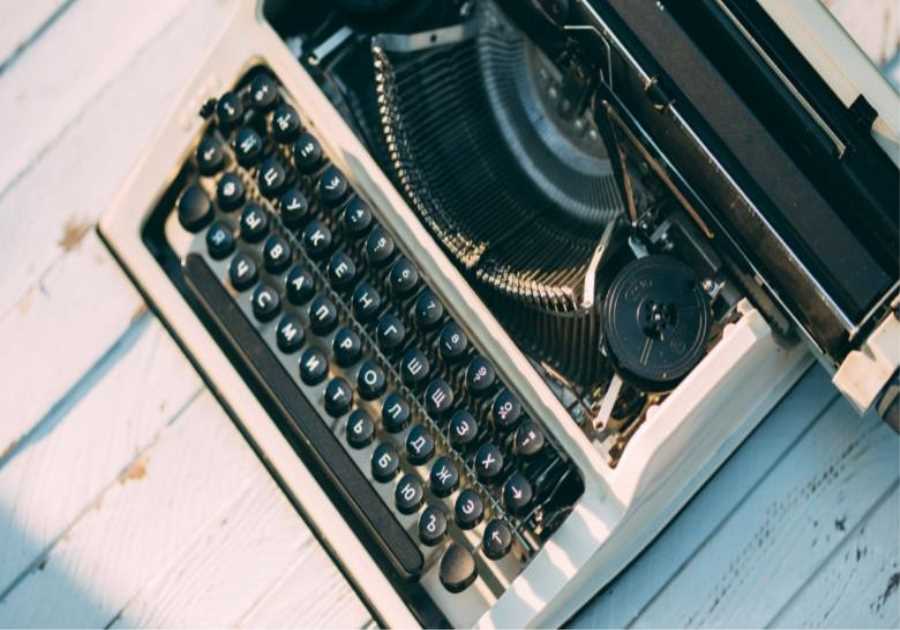
Replacing your furnace is something that always unavoidably happens. Eventually, they will wear down because they are not working properly, or you may want to replace your furnace to keep up with your electricity bills. Whatever the reason is, take note of these things that will help you when you have a furnace replacement.
Do These Before Replacing Your Furnace
Furnace replacement is a big decision to make that is why you must perform or ask these questions before doing so.
1. How Old Is The Furnace?
Before you purchase a new heating system, it’s necessary to evaluate how old your current system is. Typically, furnaces last for 15 or 20 years before you need to get a new one. So if you think it is still newer than that, consider having your heating system repaired before getting a new one. This is to make sure that your furnace really requires to be replaced, because you do not want to purchase a new unit too early and lose money.
You will know the age of your furnace by turning it off and removing the unit’s exterior door. You’ll see inside the manufacturer date or a serial number. To decode the serial number, take a look at the first four digits. The third and fourth digits stand for the year the system was made. Then, the first and second stands for the week of that year. If it measures back more than 15 years, changing your furnace is a great idea.
Here are some warning signs that may tell you that your system is in need of a new one:
- System is aging (more than 12 – 15 years old)
- System needs repairs regularly.
- System does not produce enough warmth
- Unit cycles on and off irregularly
- Energy bills are doubling.
- Unit emits weird noises
- Low indoor air quality is causing respiratory problems, smells (foul odor)
2. The Type Of Fuel Source That You Need
Furnaces usually work with gas or oil, and you should pick a system that works with the correct fuel type for your home. If your home has both types of hookups, evaluate a few advantages and disadvantages of gas and oil furnaces.
Remember that fuel prices vary from year to year, sometimes increasing or decreasing over 10 percent yearly.
3. Does Your Furnace Have a Variable-Speed Blower?
Heating technology has improved extensively over the earlier decade. As a result, many heaters have characteristics that enable them to run more flawlessly, use more limited energy, and keep your family more comfortable.
Some of the most exceptional furnaces have variable-speed blowers that perform very low for most of the day. Then, when needed, they work at full speed to warm up your home fast. Pick a system with a variable-speed blower if you desire more control over your home’s temperature, a quieter furnace, and lower utility bills.
4. Installing Zoning Systems
Zoning systems are recommended if the temperature varies throughout your home, with the kitchen regularly feeling overly warm and the bedrooms are always extremely cool. To do this, a series of dampers are installed in your duct system and sets each one to react to a different thermostat in your home.
With heating and cooling areas in your home, you can arrange different temperatures for different levels of your house or retain the bedrooms nice and warm without overheating the family room. You’ll also experience much greater solace without misusing energy.
5. Is A New Thermostat Needed?
If you still don’t have a smart thermostat, you’ll want to update yours when replacing your heater. Many thermostats operate flawlessly with a wide variety of furnaces, while other models are created to optimize productivity for certain furnace types.
Most heating technicians can guide you on which thermostat will work great with your new furnace and can also give a few tips for making the most out of your new smart thermostat.
Smart controls, available with all new systems, go beyond just adjusting the temperature to monitor other qualities in and around your home, including:
- Outdoor temperature
- Humidity levels
- System efficiency
- In addition, smart controls can allow you to adjust indoor conditions remotely and can also remind you to change the filter in your system regularly.
Choosing A New Furnace
Type
When picking a new furnace, study the type that would be most suitable for your home and circumstances. For example, electric furnaces are budget-friendly at first and tend to be one of the most suitable heating units. However, these mechanisms can be more pricey than natural gas-powered heaters in spaces that only provide coal-based electricity.
On the other hand, furnaces that operate on natural gas are a bit more costly to acquire than electric ones. But since they do not affect your electric bill at all, they are much more affordable to use long-term. So if you live in a location that experiences an extended duration of cold, this may be the fittest choice for you.
Efficiency
Furnace effectiveness is decided by how much electricity, oil, or gas is turned into heat. Modern units have exceptional features that may cost more upfront but can save you cash through the years. Be sure to consider long-term costs when buying a new furnace.
Size
The size of your home can aid in determining how big or small your new furnace should be. For example, a larger house with lots of possible air leaks will require a bigger heating unit. Meanwhile, a more average size home may get more than enough heating with a smaller furnace established.
A licensed specialist may also assist you in maximizing heat preservation within your home, so you won’t have to pay more on large heating units. However, bigger furnaces do have a price higher than smaller ones. Hence, schedule a consultation with a professional before choosing the best furnace size for your home.
Conclusion
Furnaces have tremendously upgraded and improved in the preceding decades. The main focus of some companies is zone control. Furthermore, it lets uniform temperature circulation and various comfort levels for your family.
Being a homeowner, one of the most vital decisions you may make is when it’s time to change one of your major appliances. Unfortunately, your furnace is part of that category. Your heating system is an investment in your home. Make sure to have all the knowledge to help facilitate your decision-making.
Keep in mind the age of your current heater, AFUE rating, performance, and price to repair your existing furnace.
You may be interested in: How Furnace Maintenance Can Prevent Repairs This Winter
------------------------------------
By: David Jones
Title: Important Things to Keep in Mind Before Furnace Replacement
Sourced From: marketbusinessnews.com/important-things-to-keep-in-mind-before-furnace-replacement/283382/
Published Date: Wed, 24 Nov 2021 17:40:45 +0000
Did you miss our previous article...
https://coachingbusinessowners.com/essentials/good-cvs-for-job-interviews-using-templates-to-increase-your-chances






